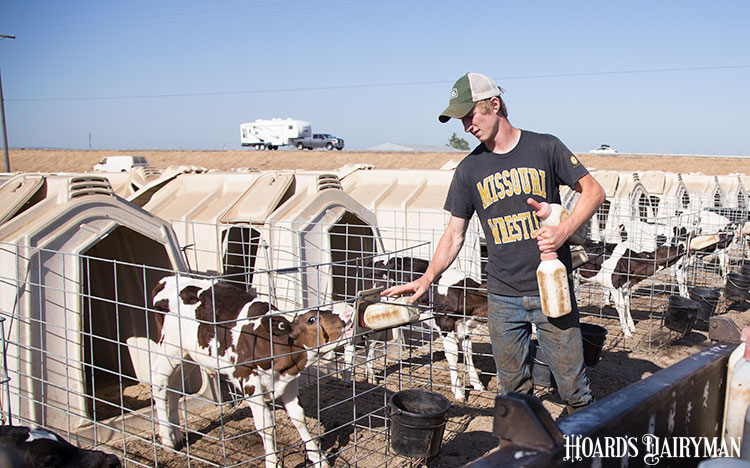
A fresh breath of dairy air is just what the doctor might soon recommend.
European studies have suggested farm kids are less likely to develop asthma and other immune-based diseases.
Building off of that research, personnel at the Marshfield Clinic Research Institute recently looked into the variation of microbiota associated with dairy farmers compared to nonfarmers. Conducted in central Wisconsin, the study looked at organisms in the nose and mouth of 21 dairy farmers and 18 nonfarmers working office-based jobs.
The group, led by Sanjay Shukla, found that the community of bacteria found on the bodies of healthy dairy farmers was more diverse than those found on nonfarmers. The farmer’s nose had 2.15-fold more organisms than the others.
Additionally, dairy farmers had 1.5-fold more organisms in their mouth. Overall, they were also more likely than nonfarm residents to have lower levels of Staphylococcus spp., which can be opportunistic pathogens causing disease.
Researchers believe this is the link that exists between health and farm life. They hope to continue studying the connection particularly as it relates to the bacteria levels being associated with lower rates of health events.
“We still do not know much about the microbial occupational exposure of farmers, and this study provides some basic understanding of dairy farmers’ microbiome,” Shukla said. “But we need to do functional studies on repeated sampling on a larger cohort to understand the microbiome’s contribution to farmers’ overall health and disease.”








